Maeeshat News Network | Senegal
In the vibrant heart of Dakar, Senegal, the air buzzed with anticipation. It was September 10, 2025, and the Semi-finals of the Africa’s Business Heroes (ABH) Prize Competition were about to begin. From a staggering 32,000 applications across all 54 African nations, 20 exceptional entrepreneurs had emerged, each a beacon of innovation, resilience, and hope. They had battled through rigorous rounds of interviews and due diligence to stand on the cusp of greatness, one step away from the Grand Finale in Kigali, where the Top 10 would share a $1.5 million prize pool and global recognition.
The venue, a sleek conference center overlooking Dakar’s bustling coastline, hummed with energy. The stage was set for these visionaries to pitch their transformative businesses to a panel of judges: Hasan Haidar, a venture capital titan from PlusVC; Moulaye Taboure, a former ABH Top 10 Hero and founder of ANKA, now a judge in a historic first; and Jason Pau, the Jack Ma Foundation’s international director, whose vision had fueled ABH’s mission to uplift Africa’s entrepreneurial spirit.
The Entrepreneurs
The 20 semifinalists were a tapestry of Africa’s diversity, hailing from nine countries and spanning 10 sectors—healthtech, fintech, agritech, sustainability, and more. Among them were:
Adriaan Kruger from South Africa, whose HealthTech startup, nuvoteQ, was revolutionizing digital solutions for healthcare access in underserved communities. His platform connected rural clinics to specialists via AI-driven diagnostics, slashing wait times and saving lives.
Baraka Chijenga from Tanzania, founder of Kilimo Fresh Foods Africa Limited, an agritech venture ensuring food security by linking smallholder farmers to markets through a subscription-based model. Her app empowered farmers with real-time data on crop prices and weather patterns.
Blandine Umuziranenge from Rwanda, whose Kosmotive was a beacon for women’s empowerment, providing affordable maternal health products and education to combat maternal mortality in remote areas.
Bundi Mbuthia from Kenya, whose Uzapoint Technologies offered digital tools for SMEs, streamlining operations for small businesses that powered local economies.
Each entrepreneur carried a story of grit. Adriaan had bootstrapped nuvoteQ from a garage, coding late into the night while juggling a day job. Baraka, a farmer’s daughter, had seen hunger firsthand and vowed to build a system that ensured no harvest went to waste. Blandine, a mother herself, had turned personal loss into a mission to save others. Bundi, once a street vendor, now enabled thousands of vendors like him to thrive in a digital age.
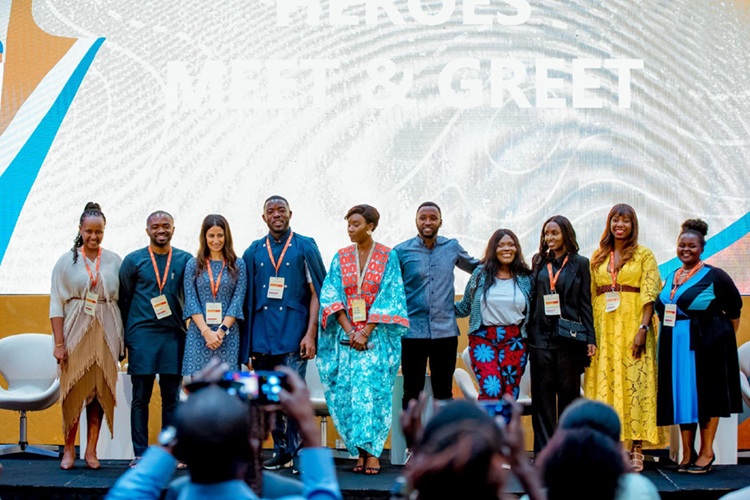
The Semifinals
The first day of the Semifinals was electric. The entrepreneurs, dressed in a mix of vibrant African prints and sharp business attire, mingled in the lobby, exchanging ideas and dreams. Senegal’s 8.6% GDP growth and its role as host of the upcoming 2026 Youth Olympic Games made it a fitting backdrop—a symbol of Africa’s rising tide of innovation.
Inside the auditorium, the judges sat poised, their expertise a formidable gate to the Grand Finale. The rules were clear: each entrepreneur had 10 minutes to pitch, followed by a gruelling Q&A. The criteria—innovation, impact, scalability, and leadership—would determine who advanced.
Adriaan took the stage first, his voice steady as he described nuvoteQ’s impact: “In one year, we’ve connected 50,000 patients to care they’d never have accessed otherwise.” Hasan Haidar leaned forward, asking about scalability. Adriaan’s response was crisp: “Our AI is cloud-based, deployable anywhere with internet. We’re already piloting in three countries.”
Baraka followed, her passion palpable. “Food security isn’t just about growing crops—it’s about ensuring farmers profit.” She showcased her app’s dashboard, where farmers tracked demand in real time. Moulaye Taboure, drawing from his own journey, pressed her on sustainability. Baraka smiled: “Our subscription model reinvests profits into training farmers on climate-smart techniques.”
Blandine’s pitch was deeply personal. “I lost my sister to childbirth complications. Kosmotive exists so no woman faces that fate.” Her low-cost birthing kits, distributed via women-led cooperatives, had reached 10,000 mothers. Jason Pau asked about funding gaps; Blandine’s plan to partner with NGOs for scale impressed him.
Bundi’s pitch was a masterclass in clarity. “SMEs are Africa’s backbone, but they lack tools. Uzapoint gives them affordable software to compete.” His demo showed a vendor managing inventory on a smartphone. The judges nodded, seeing the potential to digitize millions of businesses.
The Stakes
As the pitches continued, the room felt the weight of what was at stake. Beyond the $100,000–$300,000 grants, the Top 10 would gain mentorship, global networks, and media exposure. ABH wasn’t just a competition; it was a launchpad. Past Heroes had raised millions, expanded across borders, and created thousands of jobs. The 2024 winner, Henri Ousmane Gueye from Senegal, had turned his third attempt into a $300,000 triumph, proving persistence paid off.
The diversity of the 2025 cohort shone through. Nine countries—South Africa, Tanzania, Rwanda, Kenya, and more—were represented, with 40% female finalists and 20% from Francophone regions. Sectors like fintech tackled financial inclusion, while sustainability ventures addressed climate challenges. Zahra Baitie-Boateng, ABH’s Africa MD, had called it a “dynamic innovation landscape,” and the pitches proved her right.
The Turning Point
On day two, tensions rose. The judges deliberated behind closed doors, weighing each pitch. The entrepreneurs waited in the lounge, some pacing, others laughing over coffee, their camaraderie a testament to ABH’s community spirit. Local partners like Wave, Sonatel, and InTouch Group had sponsored the event, their presence reinforcing Senegal’s role as an entrepreneurial hub.
When the judges emerged, the room fell silent. Hasan Haidar spoke first: “Your businesses are not just ventures—they’re movements.” Moulaye Taboure added, “I have been where you are. Your resilience inspires me.” Jason Pau closed with, “You’re building Africa’s future.”
The Top 10 would be announced later, but the 20 semi-finalists had already won something greater: a platform to amplify their impact. As they left Dakar, bound for Kigali’s Grand Finale in December, they carried a shared conviction: Africa’s challenges were vast, but its entrepreneurs were unstoppable.
Epilogue
Back in their communities, the 20 Heroes continued their work. Adriaan’s clinics saved more lives. Baraka’s farmers fed more families. Blandine’s kits reached more mothers. Bundi’s tools empowered more vendors. The ABH journey had transformed them, not just as entrepreneurs, but as catalysts for a continent on the rise.
In Dakar, the echoes of their pitches lingered, a promise of what Africa could achieve when its boldest dreamers were given a chance to soar.

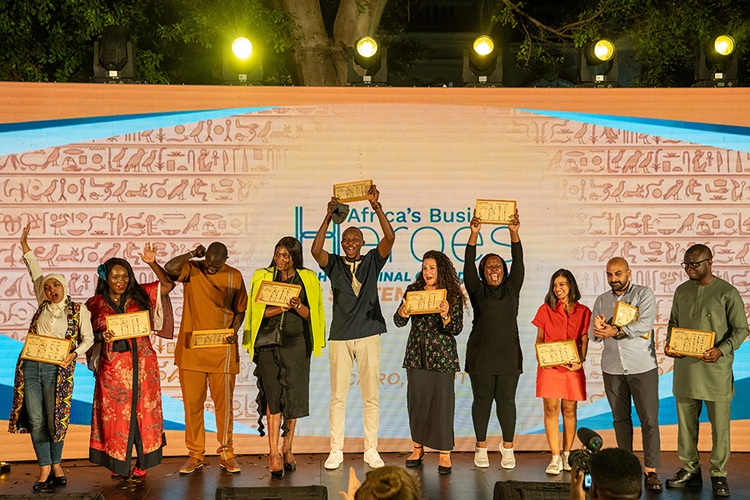
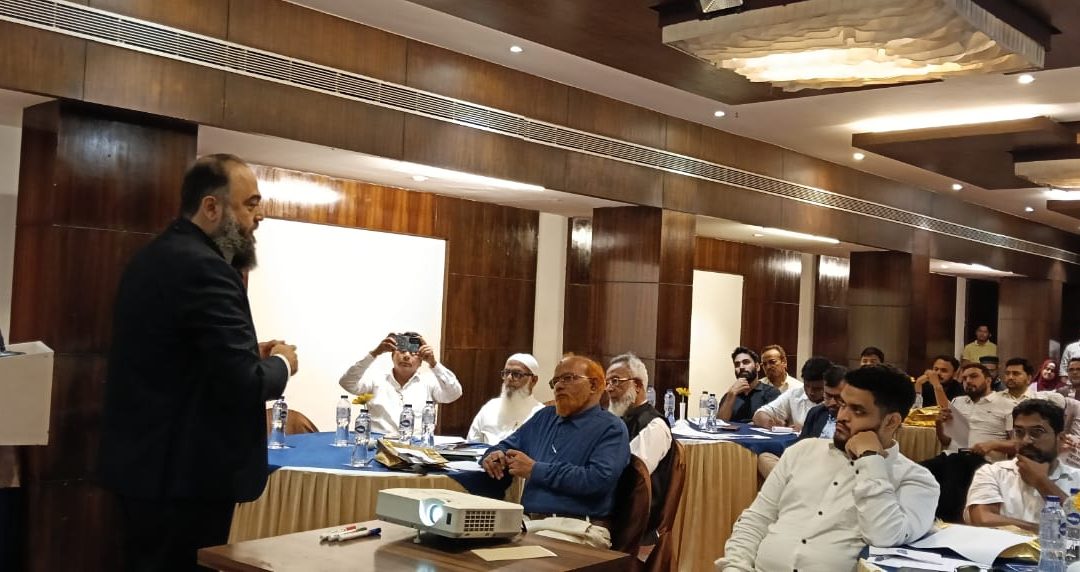
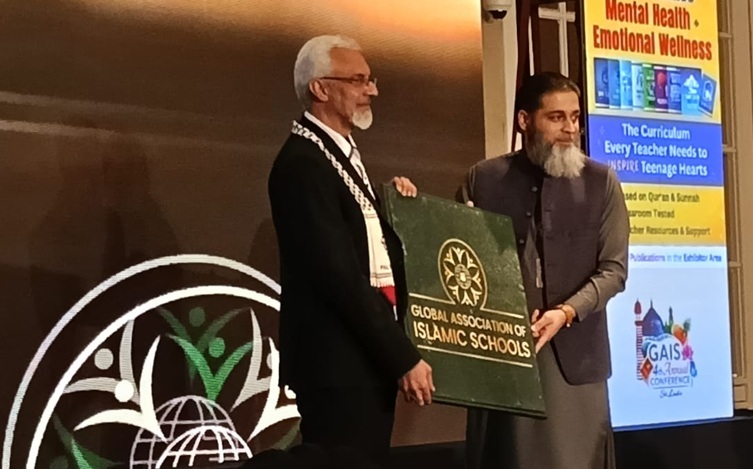
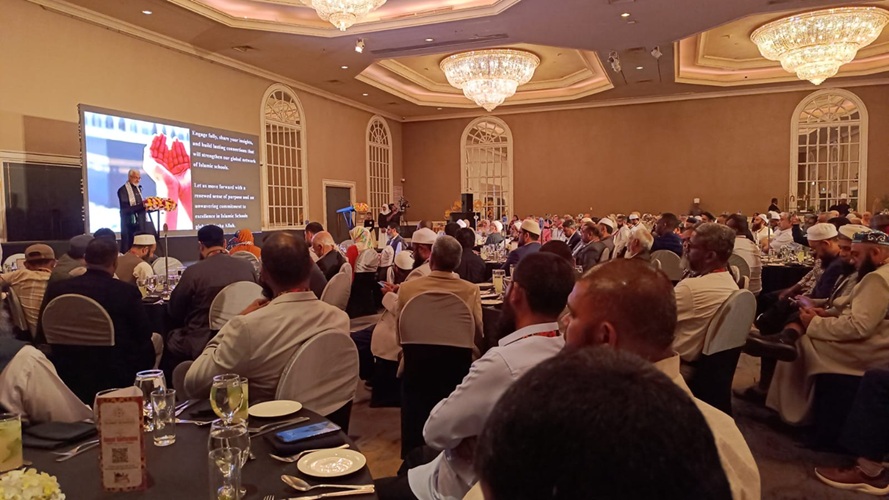
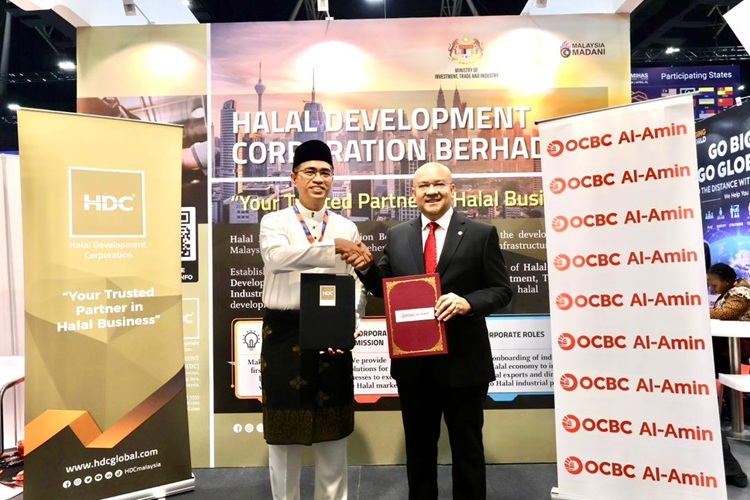
0 Comments